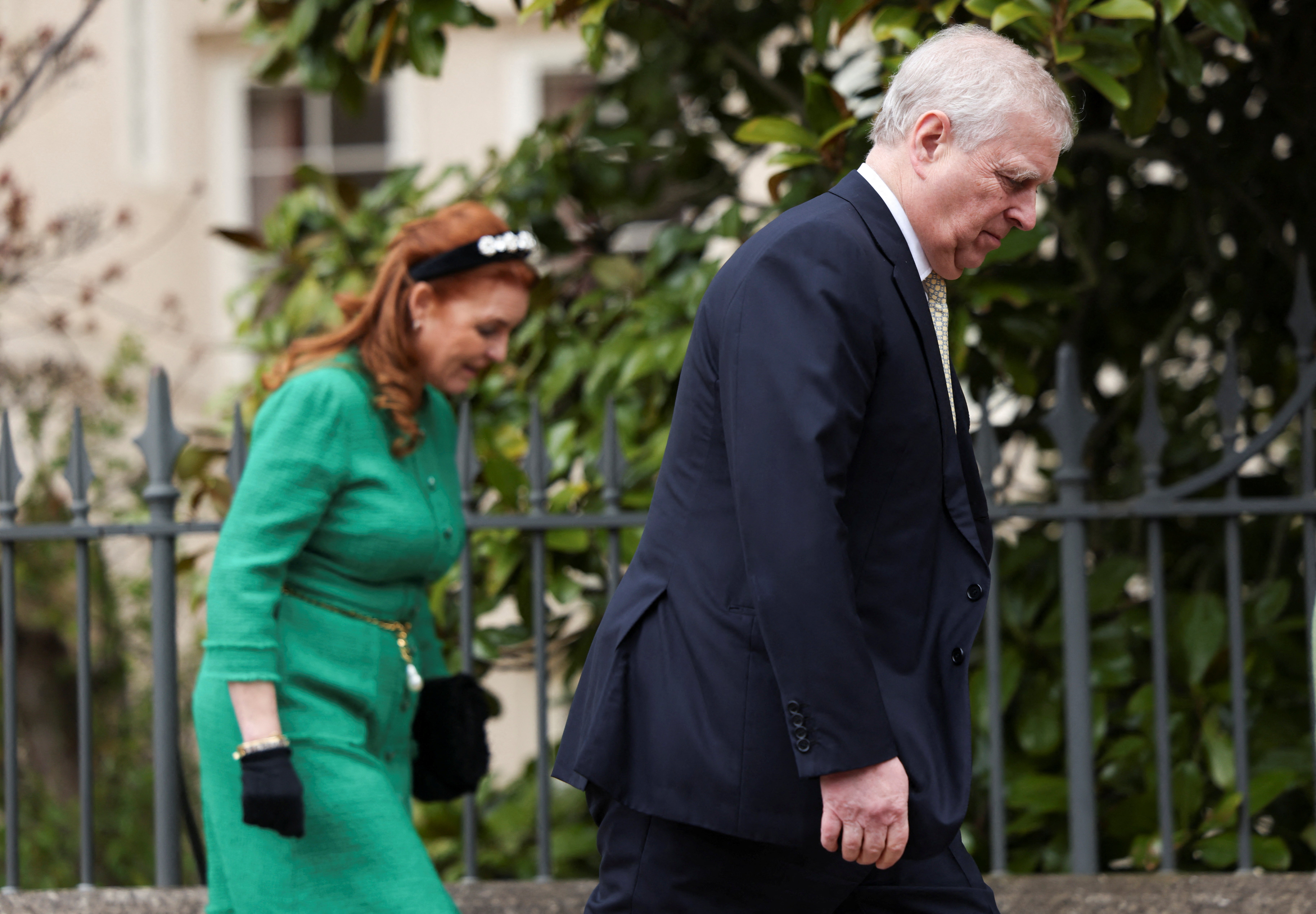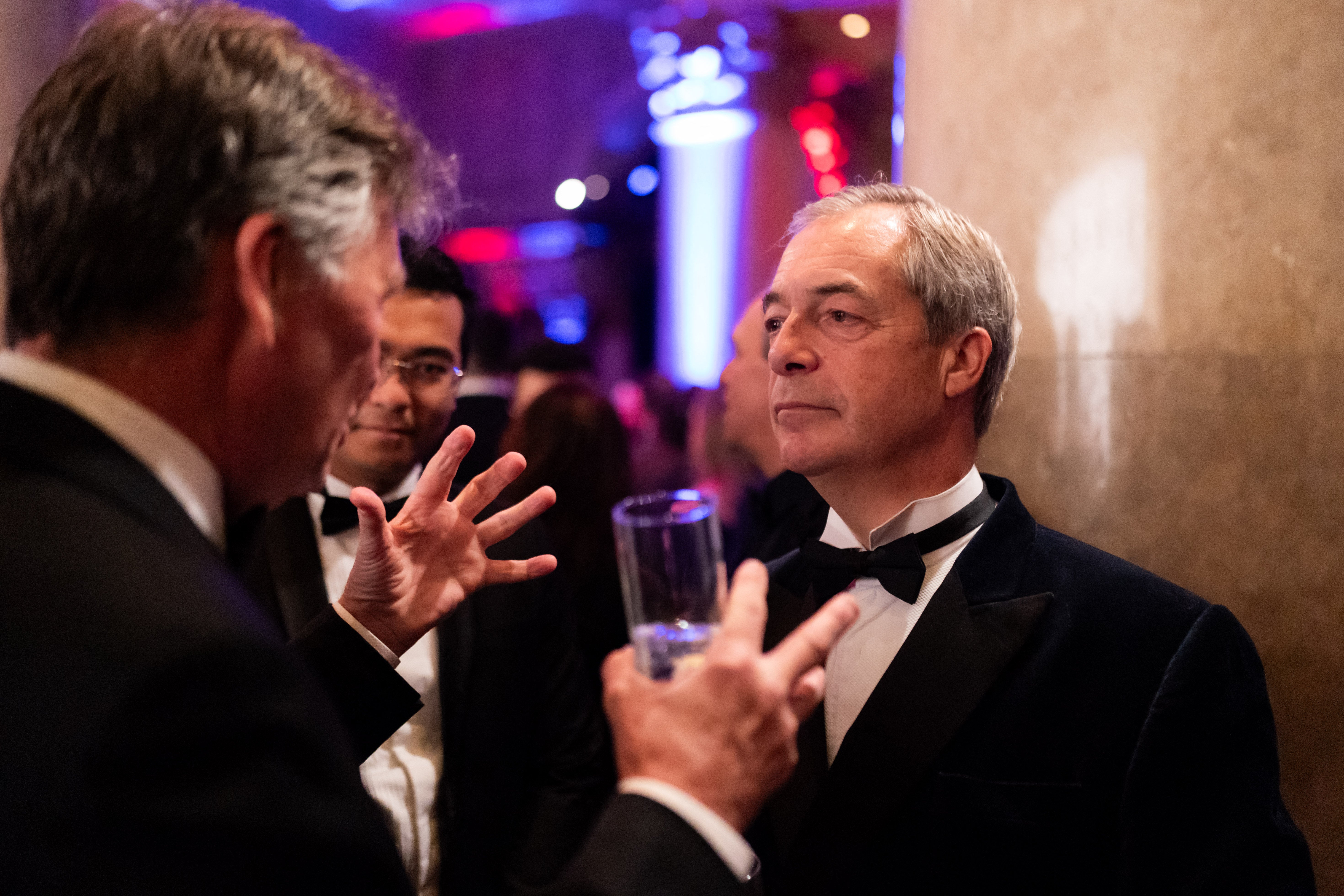Why the alleged Chinese spy with ties to Andrew cannot be named as Farage threatens to unmask him
H6, a 50-year-old Chinese national, is at the heart of a scandal around the country’s influence on the UK
Your support helps us to tell the story
From reproductive rights to climate change to Big Tech, The Independent is on the ground when the story is developing. Whether it's investigating the financials of Elon Musk's pro-Trump PAC or producing our latest documentary, 'The A Word', which shines a light on the American women fighting for reproductive rights, we know how important it is to parse out the facts from the messaging.
At such a critical moment in US history, we need reporters on the ground. Your donation allows us to keep sending journalists to speak to both sides of the story.
The Independent is trusted by Americans across the entire political spectrum. And unlike many other quality news outlets, we choose not to lock Americans out of our reporting and analysis with paywalls. We believe quality journalism should be available to everyone, paid for by those who can afford it.
Your support makes all the difference.An alleged Chinese spy at the heart of the latest scandal to engulf Prince Andrew has been barred from the UK because he was likely to pose a threat to national security.
Known as H6, the 50-year-old Chinese national’s identity is protected by an anonymity order, meaning The Independent and other outlets will not publish it - despite it being widely shared on social media and in overseas news reports.
The businessman, who divided his time between China and the UK – calling it his "second home" – had previously been granted indefinite leave to remain in Britain where he established himself as a close confidant of the Duke of York.

He is said to have used his high profile connection to secure invitations to Buckingham Palace and other royal residences, with fresh reports now alleging he also met two former prime ministers.
But he was expelled from the UK in 2023 by former home secretary Suella Braverman, with the Home Office saying he had engaged in “covert and deceptive activity” on behalf of the United Front Work Department (UFWD), which is an arm of the Chinese Communist Party (CCP) state apparatus.
MPs including Nigel Farage have threatened to name H6 in the Commons under parliamentary privilege, whereby they can say things in the chamber without fear of legal repercussions.
Parliamentary rules state that “a Member may state whatever they think fit in debate” and that “the Member is protected by parliamentary privilege from any action for defamation, as well as from any other question or molestation”.

“This freedom extends to statements which, if made out of Parliament, would breach injunctions, although this has been deprecated by the Speaker,” the rules state.
But Commons speaker Sir Lindsay Hoyle has previously warned MPs that it must be used responsibly, adding that it is “a grave step to use privilege to breach a court order”.
A Labour minister on Monday said parliamentary privilege should be "exercised with caution". Jim McMahon told Times Radio he would not be “queuing up” to name the alleged agent, adding: “I think we have a privilege in Parliament, which is that we do have parliamentary privilege, and that should be exercised with caution, and the overriding public interest has to be maintained, of course.”
Who else has been named under parliamentary privilege?
As Mr Farage and others consider naming the alleged Chinese spy in the Commons chamber, The Independent looks at previous cases of MPs using parliamentary privilege to name individuals.
In 2009, former Labour MP and ex-journalist Paul Farrelly used a parliamentary question to expose a super-injunction taken out by London-based oil trader Trafigura, which was at the centre of a toxic waste dumping scandal in Africa.
Libel specialists Carter-Ruck sought to prevent the publication by The Guardian of the existence of the parliamentary question itself, but eventually caved in what was seen as a victory for the primacy of parliament.
In 2011, then Lib Dem MP John Hemming used parliamentary privilege to name Ryan Giggs as the footballer in a legal case between himself and News Group Newspapers. The former Manchester United player had sought to prevent details of the case, an alleged extra-marital affair between himself and model Imogen Thomas, being published by The Sun.
Lord Hain in 2018 used the privilege to name former Topshop owner Sir Philip Green as the subject of bullying and sexual harassment allegations.
And Layla Moran, a Liberal Democrat MP, used parliamentary privilege in 2022 to name 35 oligarchs in a list that also included then Chelsea owner Roman Abramovich.
Tory MP David Davis has previously used parliamentary privilege in order to criticise the Scottish government’s handling of allegations against former SNP leader and first minister of Scotland Alex Salmond.
